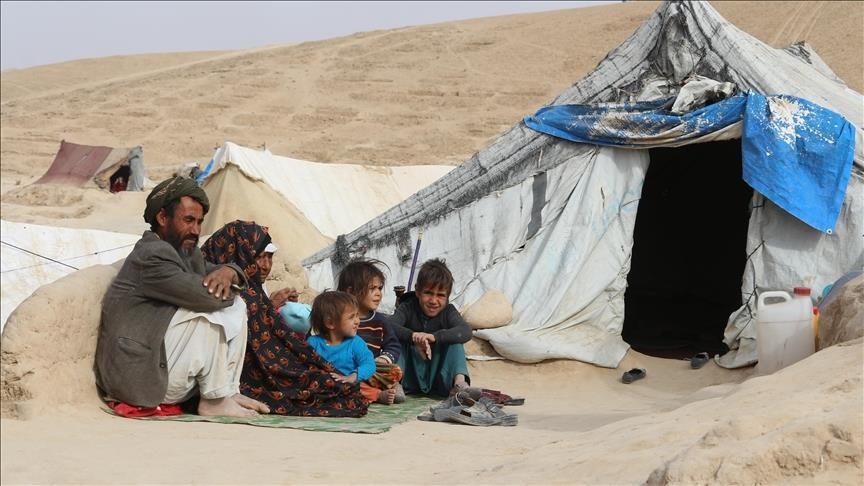UNITED NATIONS
The United Nations warned on Wednesday that 6 million people in Afghanistan face emergency level of food insecurity amid shortage of sufficient humanitarian assistance due to lack of funding.
“The economic shocks, which we are experiencing these days are the primary drivers for the humanitarian needs,” UN Deputy Special Representative, Resident and Humanitarian Coordinator for Afghanistan Ramiz Alakbarov told reporters at the UN headquarters from Kabul.
He said that winter is approaching with temperatures dropping in certain areas of the country to minus 25 degrees Celcius.
“We require $768 million to support winter preparedness activities, and 614 million are required before the end of the year… We’ve been struggling for the funding for the entire year,” Alakbarov said.
Two-thirds of the entire population – more than 28 million people – will need humanitarian assistance next year, according to the UN.
He said that levels of food insecurity remain one of the highest in Afghanistan with about 6 million people facing emergency levels of food insecurity, also known as IPC4.
“That is the stage before you go to the phase 5 and the phase 5 is basically a catastrophic famine stage. So, 6 million people are getting close to that particular border line,” he added.
The Taliban’s return to power in Afghanistan on Aug. 15, 2021, followed by the disruption of international financial assistance has left the worn-torn country in economic, humanitarian and human rights crises.
The US and other Western nations suspended financial assistance to Afghanistan after seizure of power by the Taliban.
The Biden administration froze Afghan central bank foreign reserves worth $7 billion as part of its sanctions on the Taliban.
UN human rights experts have called for the US to end its freeze on Afghanistan’s foreign assets.
Women and girls have also been deprived of their rights, including the right to education, and disappeared from the public under the Taliban, Afghanistan’s de facto authorities.
The Taliban’s latest ban on women prevents them from using gyms and entering parks.
Thousands of women have since lost their jobs or were forced to resign from government institutions and the private sector.
Girls have been prevented from attending middle and high school. Many women have demanded that their rights be reinstated by taking to the streets, protesting and organizing campaigns.

